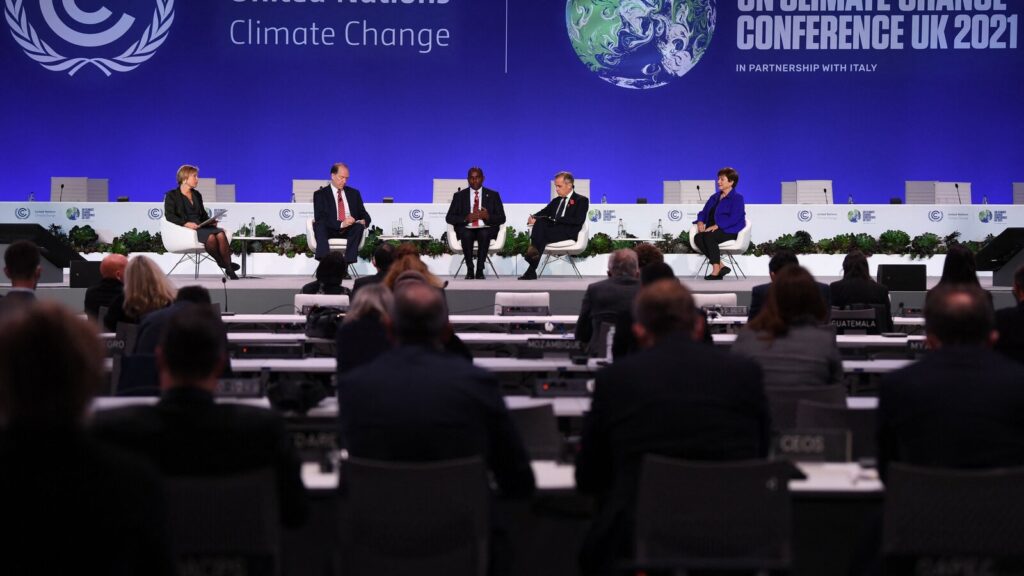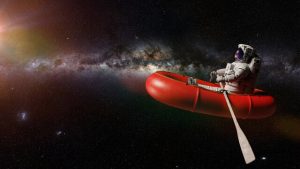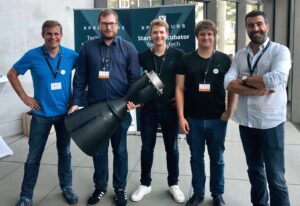European Space Agency Builds a Satellite Constellation to Track CO2 Emissions
16th Nov 2021
During the latest climate change conference, COP26, the European Space Agency announced its new initiative to reduce greenhouse gas emissions. The mission will rely on a constellation of satellites to measure human-made emissions, striving to mitigate its effect on climate change. In addition, the latest ESA initiative should help countries keep track of their emission levels and the targets set as part of the Paris Agreement.
New Climate Change Initiative From the European Space Agency
The new climate change mission announced by the European Space Agency at the COP26 will rely on a constellation of satellites to measure greenhouse gas emissions. Currently, the satellites are in development, but once they are in orbit, the spacecraft will measure two of the most common greenhouse gases – carbon dioxide and methane.

As a reminder, carbon dioxide is the most common product of the human industrial activity, accounting for 80% of all greenhouse gas emissions today. However, methane, accounting for just 16% of the same emissions, is even more dangerous since it is 80 times more likely to contribute to global warming.
ESA Representatives on Satellites to Measure Greenhouse Gas Emissions
According to the Copernicus programme and ESA representatives, the new constellation of satellites should be up and running by 2026. One of the primary aspects that make this constellation, CO2MVS, stand out from similar space tech is that CO2MVS will track and measure emissions that result from human activity.
Several companies today, including Canadian GHGSat, already use satellites that measure methane emissions from mining operations. However, CO2MVS from ESA will provide more global coverage. Furthermore, this constellation of satellites will fine-tune the already existing CO2-measuring space tech because most satellites today can only track natural carbon concentrations.
According to the European Space Agency representatives, the new constellation of satellites could become a game-changer in the fight against climate change as it will give policymakers the right insight into human-made greenhouse gas emissions.






Thank you for your comment! It will be visible on the site after moderation.